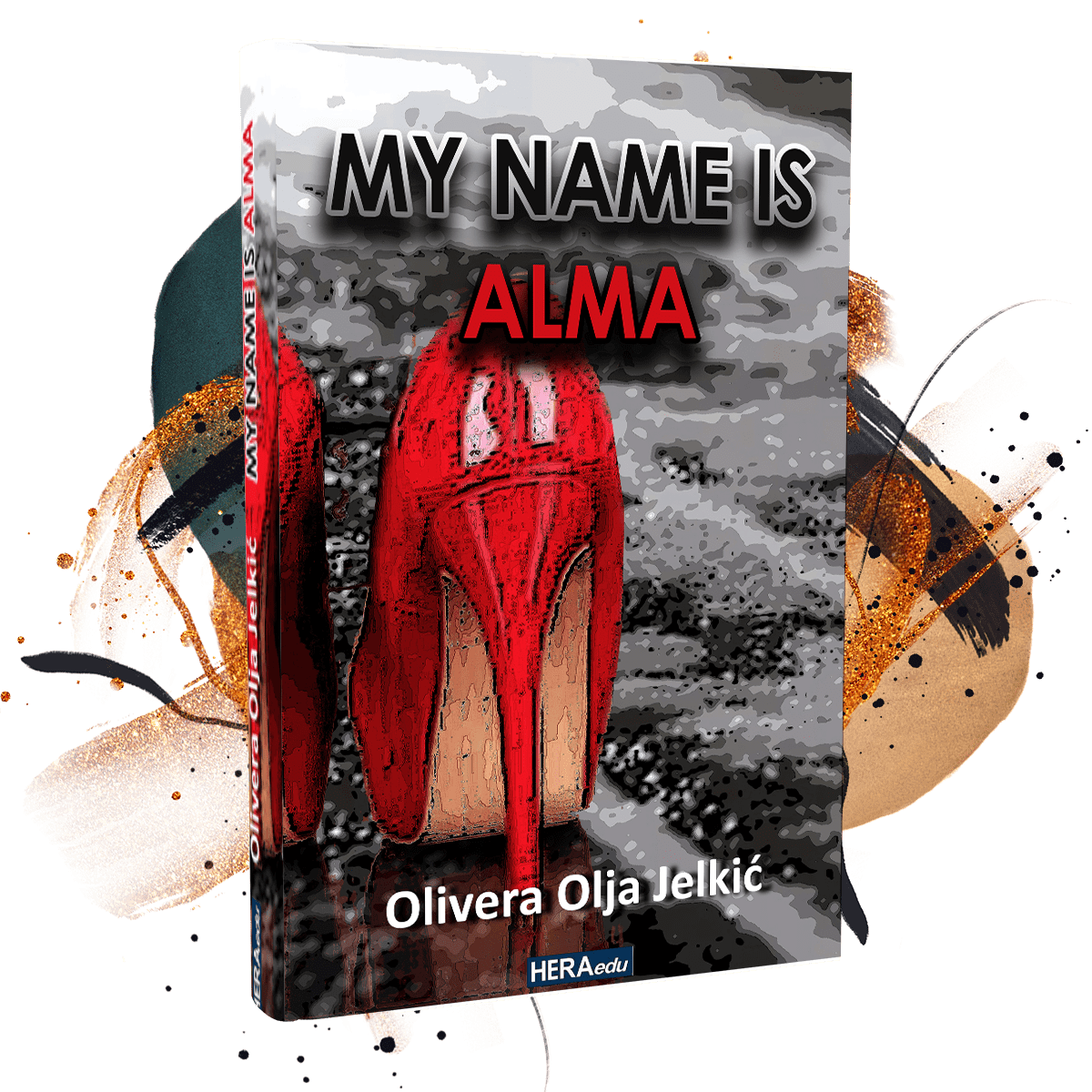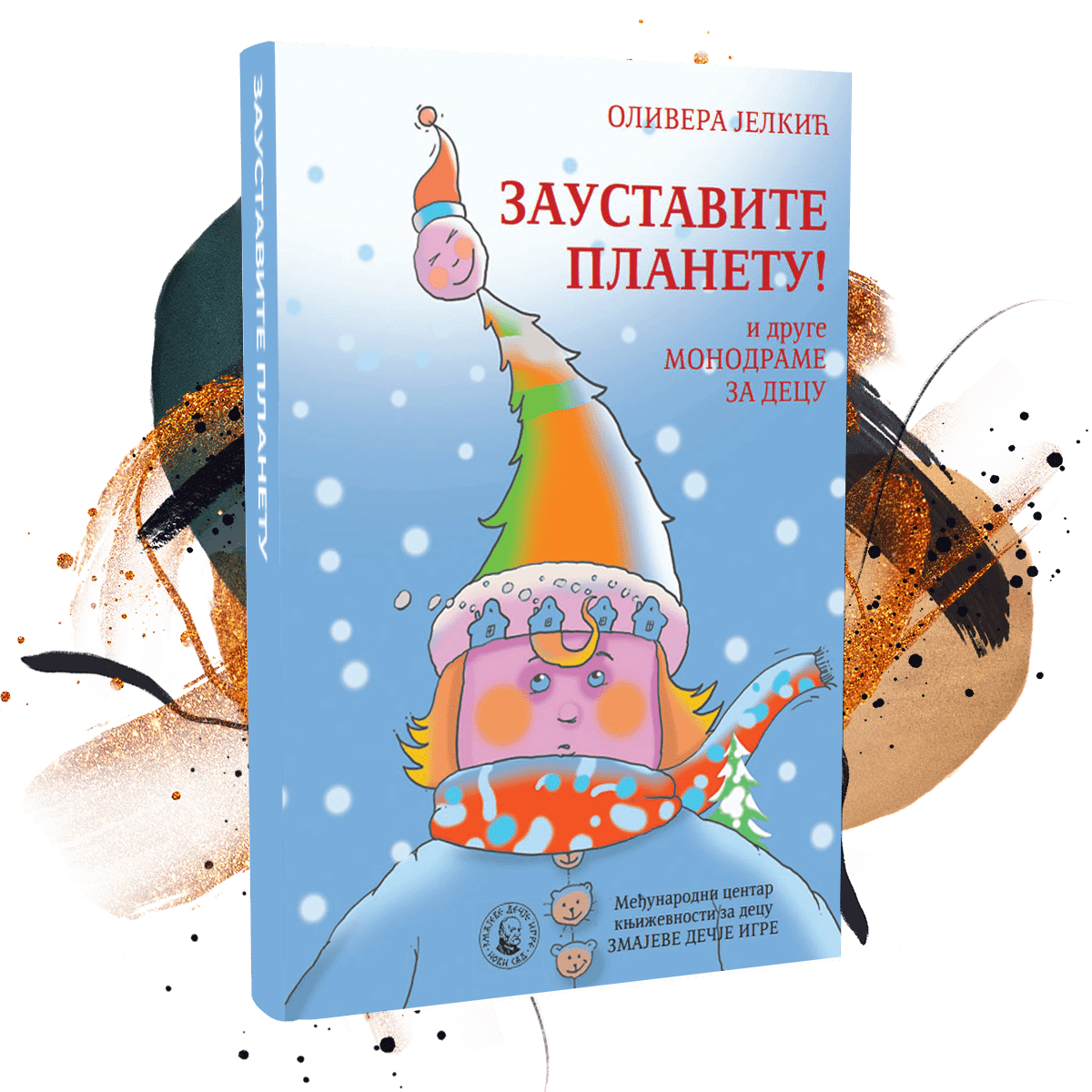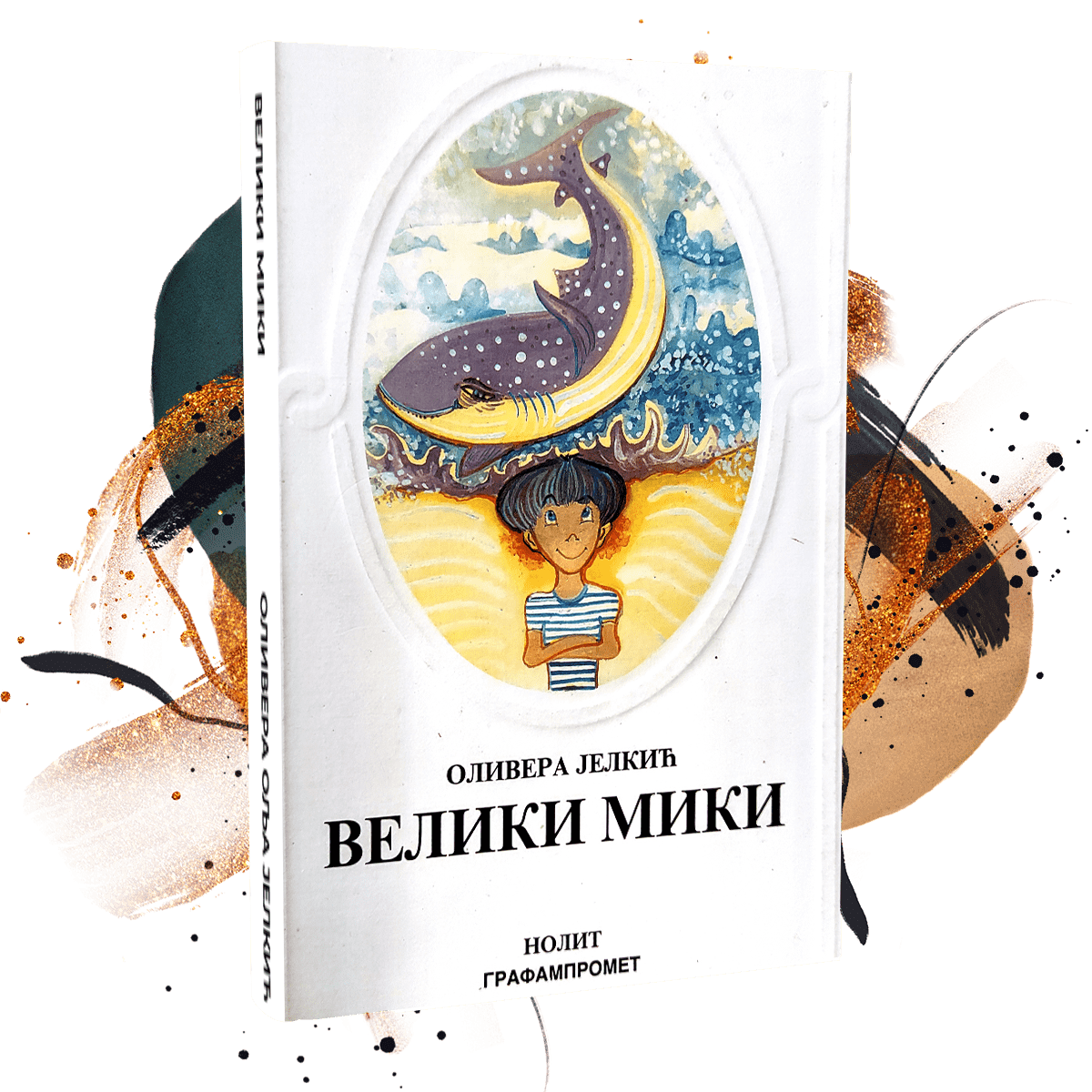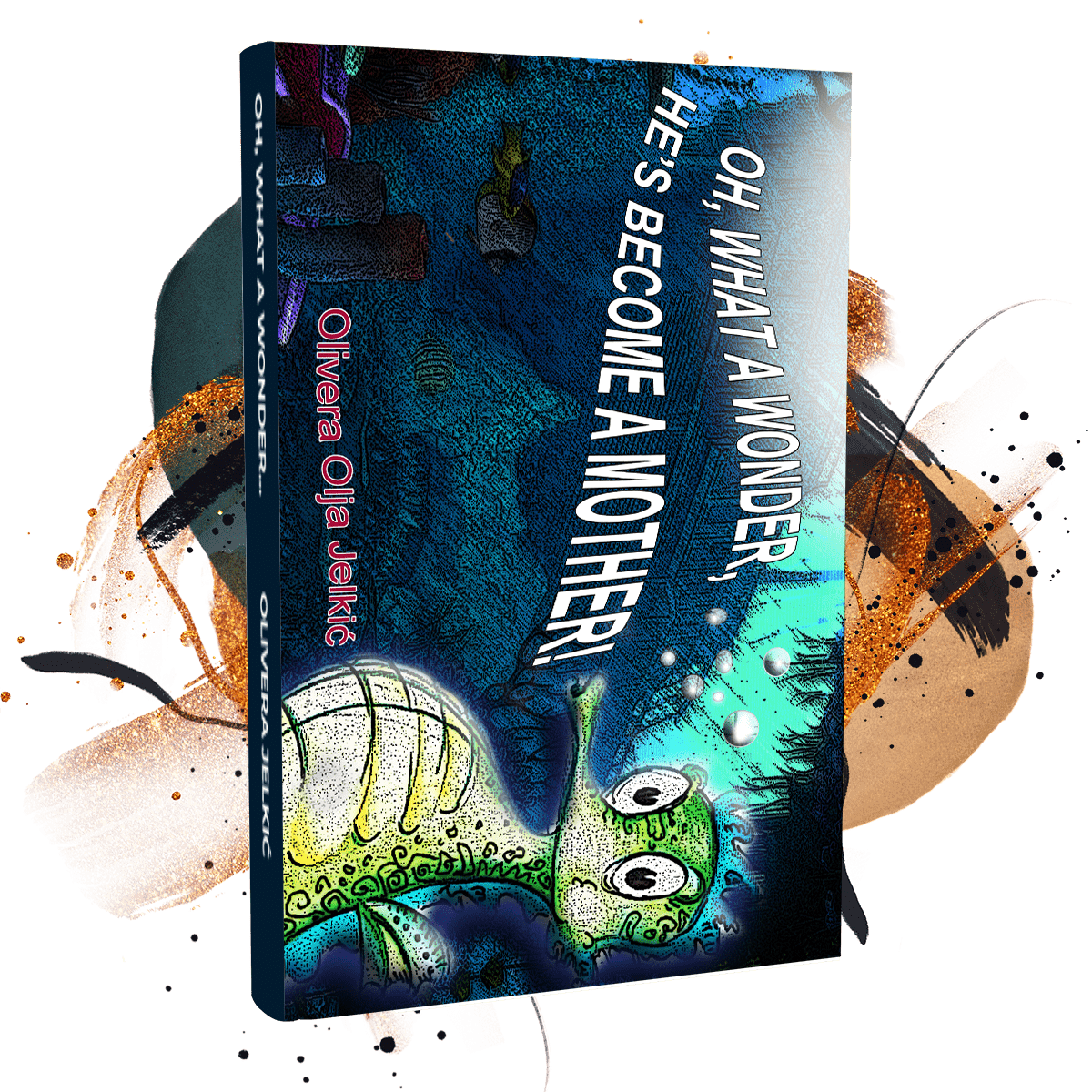
Lock
The novel “LOCK” written for young adults, as a manual for life at the time of changes, transitions, misfortune, injustice, wars, rebellions, but also hope. Basically, it is a true story from the rich, thirty-five-year, law practice of the authoress, Olivera Olja Jelkić. Considering that the authoress, besides law practice, had a professional “jaunt”, and was the only female warden of a man’s prison, the biggest one in Europe at that, with over three thousand convicts, and was also an advisor to the Justice Minister in the Government of the Republic of Serbia, with the authorization to execute criminal sanctions, with her experience, she supports this novel and paints a vivid picture both of the society and the prison ambiance. The lock is a symbol which means nothing to us until we lose it. Then, we would give almost anything to have it again, because a prison cell doesn’t have a lock on the inside.
Lock
(Excerption from the novel)
The summer of the 1990s in Serbia was filled with hope that this country from the mountainous Balkans would escape this dead-end called socialism. It was almost certain that it would, by turning abruptly the rudder to the right, assume its final course and sail in the direction of the civilized world.
Democracy boarded the ship, but as a stowaway, hiding bonanza in its bosoms. Hoisted on the mast, a flag painted in all the colors is flying, but only on one side. The other side hadn’t been seen by anyone up to that moment.
People were slowly getting used to the salaries of a couple of thousand marks. The Deutsche Mark wasthe only foreign goods which wasn’t opposed and criticized in Serbia.
The political sky above Serbia was glowing, rich in red color shades, which, in their strands drifted into Byzantine blue, interwoven with the gold from their ancestors’ crowns, creating the illusion of supernatural and fate.
It looked like freedom of thought for the ignorant, and this vortex of new waltzes entertained the conviction that “pluralism” represented a step toward a new democratic order.
Many tore their one-way tickets, hoping they would never need them again, praising God for not having already gone away.
A new virus called “turbo-folk” was released from hidden workshops, seasoned by colors and the sparkle of sequins on naked bodies of barroom singers. Watching them as a kaleidoscope, Salome’s rhythm remained unnoticed. Only those with the best instinct could anticipate the rhythm of war drums, which were greatly beating and echoing the river island, waking those resting in peace.
The first sacrifices offered to forest deities have fallen. Those were the Muses. It went further along the established >celestial scenario<.
And so, just as Caligula went down in history, Nero was at the helm of the ship which Serbia was sailing on. The prosperity was only short-lived. It disappeared like a soap bubble pierced with suicidal projectiles which also started ricocheting along the deck of their own ship.
When the water penetrated the lower deck and completely flooded the lowest level, before the inferno, which was seeping into the ship’s interior, there was a cordon of police who were trying to defeat the laws of physics with the power of their official authority. Everyone was swallowing water. The passengers and the crew and the policemen.
Only Nero, hounded by his own paranoia, was climbing to the top of the mast, thinking he was safe there. Defying the storm, which was crushing everything in its path, he didn’t hide his victorious smile, chasing him to new Pyrrhic victories.
Finally, the passengers and the crew saw the other side of the flag, which the ship was – sinking under.



































